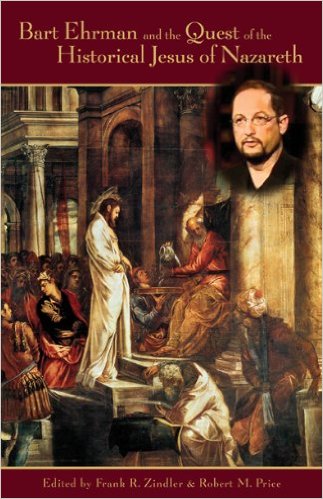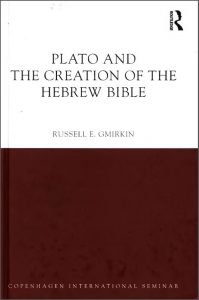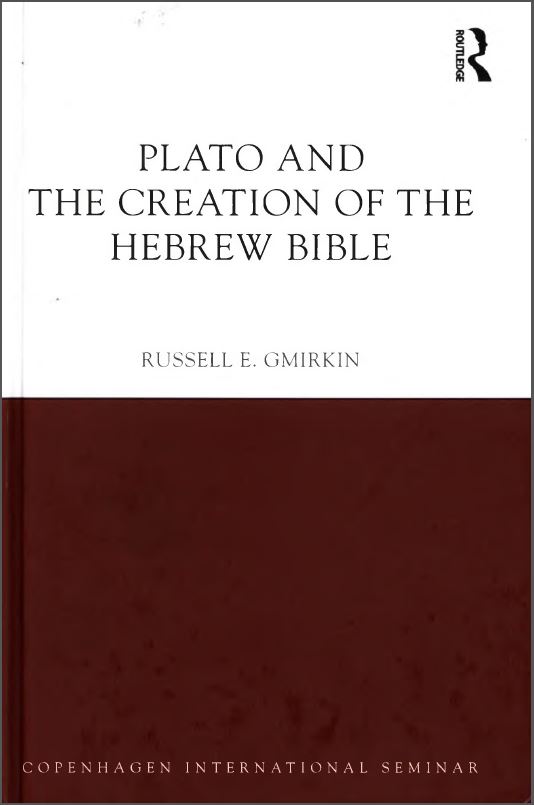Richard Carrier has posted his response to the Mythicist Milwaukee sponsored debate between Bart Ehrman and Robert Price on the question of Jesus’ existence. See The Ehrman-Price Debate.
After examining each of the arguments made Carrier concludes:
There are two major takeaways from all this.
First, the biggest loss in this debate was that nothing new got said. Because Price never challenged hardly anything Ehrman asserted. So by the end of the debate Ehrman said everything I already expected him to (because it was the same stuff he always says), and nothing else. This was an opportunity for Price to push Ehrman on any of those standard arguments that Ehrman has been repeating for years (just like William Lane Craig, Ehrman only has the same arguments every time, so it’s super easy to prep for). He would then have gotten Ehrman to elaborate or defend those assertions, which he has consistently avoided doing for years—and now, thanks to Price, he still hasn’t done. So we got no new arguments to evaluate, thus making no progress in the overall history of this debate. We still don’t know why Ehrman thinks his claims and fallacies are valid. And the reason we got nowhere, is that Price just didn’t debate Ehrman. Maybe because Price lacks formal skill at debate or didn’t realize what was happening on stage. He seems to have thought this was just a casual conversation, and not a fact-finding mission. “Why do you believe that, Dr. Ehrman?” is a question that just never got asked, of any claim Ehrman made.
Second, why is Ehrman ignoring the peer reviewed literature in his own field? Why will he not address that, the case for mythicism actually vetted by Ehrman’s own peers, and instead debates Robert Price, whose arguments for mythicism have never passed peer review, many of which are even outright strange? This is a really weird thing to see happen in a supposedly professional academic field. If in any other field a consensus was challenged in its own peer reviewed literature, experts would analyze and respond to it in the peered reviewed literature, and there either publish flaws in it sufficient to warrant not changing the consensus, or they’d change the consensus. But here, everyone in the field is ignoring the peer reviewed challenges to the consensus in their own field (even Craig Evans didn’t read my book when he debated it with me), and fallaciously, circularly, citing “the consensus” as the reason to not even examine or respond to a peer reviewed challenge to that consensus—a methodology that would end all progress in every field were it adopted as a principle. Which is why no sane science would adopt such a principle. In fact, abolishing that principle is precisely what demarcated modern science from medieval and launched the Scientific Revolution. So how can any other field remain credible today, when it is still using the same irrational reasons to reject challenges to its authority as were decisively repudiated hundreds of years ago?
This debate, alas, will not give you an answer. It just re-asks the question.






